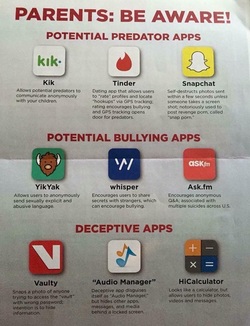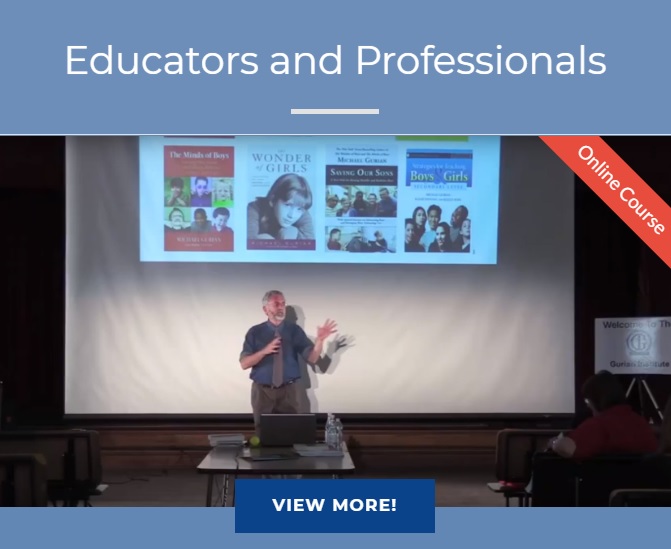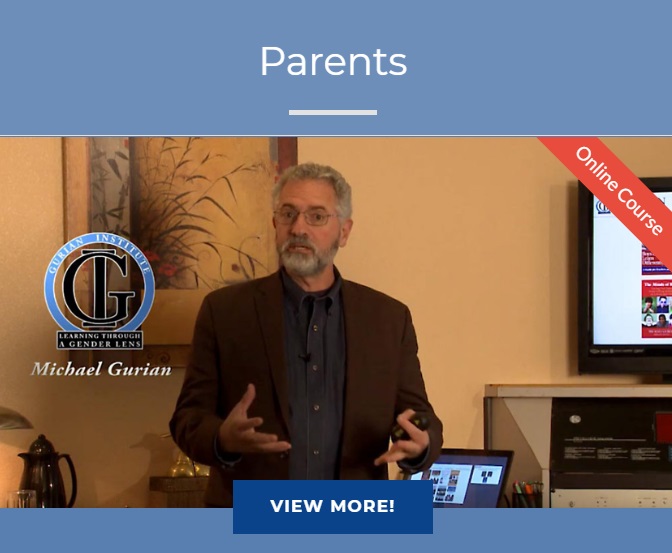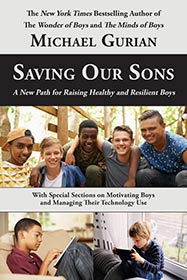Part 1: Social Media Apps
SEE GI Executive Director, Katey McPherson, on CBS 5 Live. Click Here.
Approximately 70-80% of the issues that I dealt with as a middle school assistant principal were connected to social media in some way. While there are many wonderful uses for apps, most especially to connect teens and their friends, when you download the app, the developers forget to tell you that the brains of boys and girls are growing at the very time the apps are taking control of that growth—this can be a bad thing.
Reward centers in the brain are a case in point. The adolescent brain is working on growing pathways between reward centers such as the nucleus accumbusand caudate nucleus with frontal-temporal lobes and the pre-frontal cortex. The reward/feel-good chemical, dopamine, floods the brain to help it in this growth. As all the neurons are firing and hormones are raging the pre-frontal cortex (the part of the brain makes good, sound decisions) is trying to guide this process but it is about 12-15 years away from full development.
Technology is not benign. It can invade this brain growth. Hence, the things we need to worry about:
- Fantastically horrible mistakes that our students and adolescent children make time and time again.
- Time spent online via smart phone or other screen can slow cognitive, neuro-physiological, and social emotional brain development.
- If teens are engaging in risky behaviors online, their focus will not fully be on becoming the adults of high character we want them to be.
- If they are spending too much time “plugged in,” they are exhausted and not best able to learn.
- A child who is feeling traumatized or isolated for any reason is highly susceptible to being preyed on or bullied online.
- Without our realizing it, many of our children and students will internally shut down and may engage in self-harm.
The crucial thing to remember is that dopamine activity and pre-frontal development can be affected by the screen time and hyper-social media attention in a way similar to drug activity. While we might argue that most kids will “never go this far,” we also can’t be sure which child will be negatively affected if we don’t take control of the 10 to 15 year old’s app use.
To protect your children and keep their brains growing in healthy ways, try these strategies.
- If you’re going to give your child a device, make sure to know the apps that get put on them, and how they work.
- Lock down privacy settings and location services for relevant apps.
- Let your child know that whatever is on his or her phone is yours; you are the parent and you have the ability to supervise and manage that phone—the password is yours, too, and you can review history if you so desire.
- Purchase parental controls/family share for $5 a month. Each carrier has their own type of package.
- Take the time to research what works for your family and its various needs before you buy—avoid buying something just because someone else has it.
- Keep the lines of communication open. For instance, create a designated day of the week where you “check in” on the technology.
- Ask your child to teach you how to use every app that goes onto his/her phone. This way your child is mentoring you (which is good for brain growth!) and you are being a vigilant parent along the way.
- At the dinner table, ask your child what he or she saw this week on an app that was surprising? What did they see that was new to them? What are the new apps they are hearing about?
Over-reacting to technology can backfire, as adults look somewhat crazy to children. But underreacting to apps on our children’s phones can be similar to sending them into a dangerous forest alone. Trust your kids, but also teach them to trust that you will not be overbearing—you will, however, be their parent.
As you discover things on apps that you don’t like—things your children have done via the app that frighten you, be frank but also understanding. We put kids in a double bind when we hand them a cell phone at young ages and pay their $100 a month fee (basically giving them a fresh horse to ride alone into the dark forest with), but then slam them when they make a mistake on the app. They’re children. They’re inviting anyone and everyone into their lives through the app because they’re curious, exploring their sexuality (which is normal), and seeking friendships (aren’t we all?). Their brains are growing through all of this but they do need us to guide them, equip them, and empower them–in most cases, they don’t need us to attack or blame them for using an adult-created app or device in a “childlike” way.
Here are apps to look at very carefully. Please let us know your stories in the technology battlefield (email us at info@gurianinstitute.com). We are in the process of creating a neuro-science based digital citizenship curricula for teachers and parents of both boys and girls. We would like to hear your wisdom-of-practice research: your personal and community stories.










